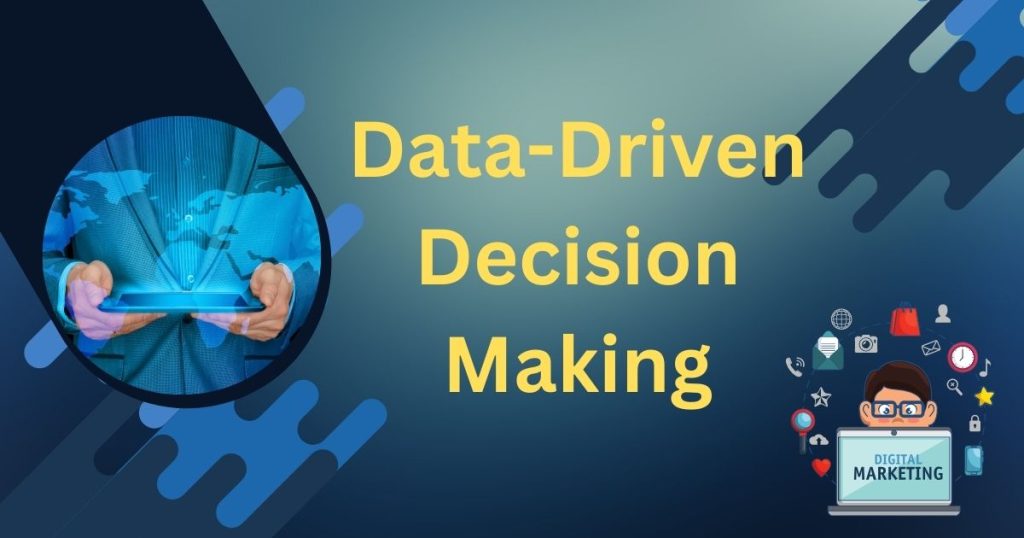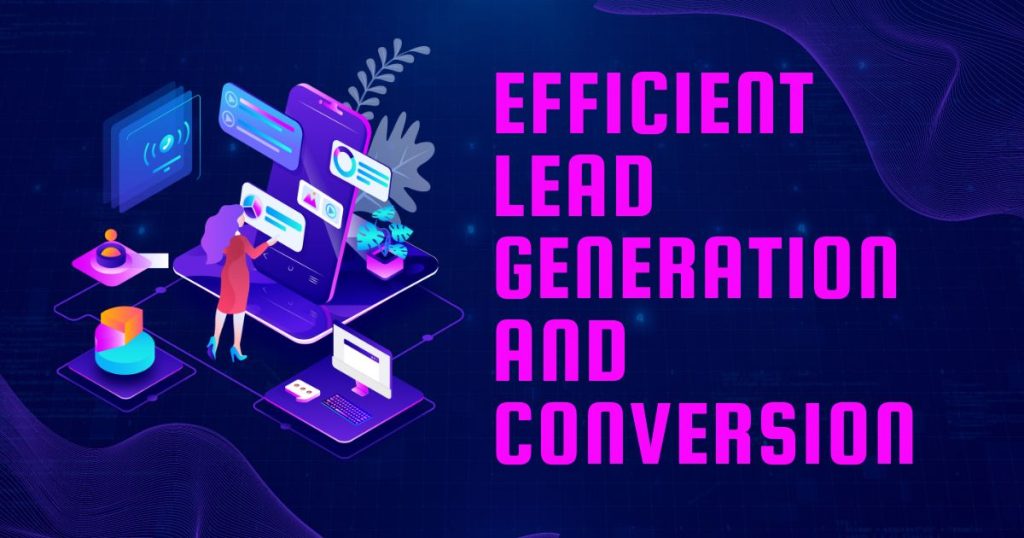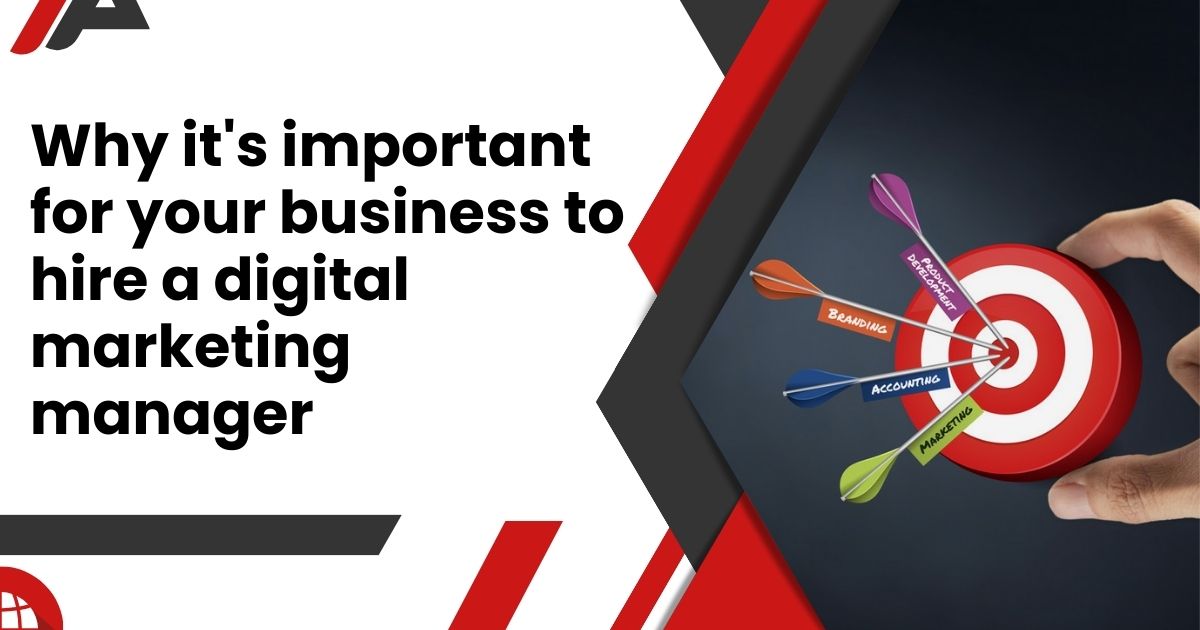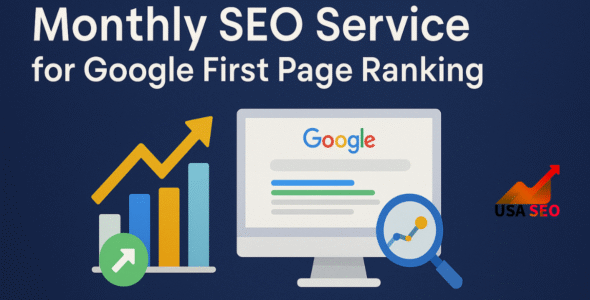Hiring a Digital Marketing Manager is crucial for business success as they create comprehensive marketing strategies that drive growth and enhance online visibility. They leverage data to execute effective campaigns across SEO, PPC, social media, and email marketing, ensuring alignment with company goals. With strong analytical skills, they optimize ads to maximize ROI and target customers efficiently.
They are also skilled in budget management, delivering big results without overspending. By staying updated on trends and new technologies, they keep marketing tactics fresh. Ultimately, their expertise improves brand exposure, and online reputation and generates high-quality leads, driving sales and long-term growth in a competitive digital landscape.
Knowing What a Digital Marketing Manager Does
A Digital Marketing Manager plays a key part in creating and executing a company’s online marketing plan. This professional is responsible for designing and conducting thorough digital strategies that drive brand recognition, connect target groups, and achieve business goals.
Their job is to make plans based on data, manage different digital channels like SEO, social media, and email marketing, and keep programs running at their best based on success measures. Additionally, they manage budget distribution, making sure that marketing initiatives are appropriately deployed to maximize return on investment.
By staying aware of industry trends and new technologies, a Digital Marketing Manager changes strategies to keep relevance and success in a rapidly changing digital environment. In the end, their knowledge makes sure that a business’s online presence is carefully matched with its objectives, which helps it grow and improve its place in the market.

Comprehensive Strategy Development
A Digital Marketing Manager plays a key role in creating a comprehensive strategy, starting with in-depth market research to understand audience behavior, trends, and competition. From this analysis, they set clear, measurable goals aligned with the company’s broader objectives. They then select and integrate digital platforms like SEO, PPC, social media, and email marketing into a unified plan, focusing on campaign details such as content, timing, and release. By regularly reviewing performance metrics and making data-driven adjustments, the strategy evolves to improve results and stay responsive to market changes. This ensures all marketing efforts are aligned, effectively driving growth, brand visibility, and achieving the business’s goals:
- Market study: Conduct an in-depth study to understand market trends, customer behavior, and competition environment.
- Goal Setting: Establishing clear, verifiable targets matched with the company’s business goals.
- Channel Selection: Identifying the most effective digital platforms (social media, email, PPC, SEO) for reaching the target group. Campaign Planning: Designing multi-channel strategies that drive interest and sales.
By building a well-rounded plan, a Digital Marketing Manager ensures that all marketing efforts are unified and focused on getting the desired outcomes.
Expertise in Digital Channels
Expertise in Digital Channels is important for a hire a digital marketing manager to successfully reach and connect target groups. This knowledge covers various platforms, including Search Engine Optimization (SEO), which improves website exposure through phrase optimization and content refinement. In Pay-Per-Click (PPC) Advertising, they handle focused ad programs to drive instant traffic.
Social Media Marketing includes making and managing material for platforms like Facebook, Instagram, and LinkedIn to build company visibility and connect with users. Email Marketing focuses on individual contact to develop leads and keep business. Mastery of these platforms ensures a well-rounded, effective digital approach.
Digital marketing includes various platforms, each with its unique features and benefits. A skilled Digital Marketing Manager brings knowledge across these platforms, including:
- Search Engine Optimization (SEO): Enhancing website content and structure to improve exposure in search engine results. This includes topic study, on-page optimization, and link-building tactics.
- Pay-Per-Click Advertising (PPC): Managing paid advertising programs on platforms like Google Ads and Bing Ads to drive focused traffic fast.
- Social Media Marketing: Creating and controlling material on social media sites to build company visibility and connect with the audience.
- Email Marketing: Crafting targeted email programs to develop leads and keep business. Their skill ensures that each medium is used effectively, increasing ROI and meeting marketing goals.

Data-Driven Decision Making
Data-driven decision-making is a vital skill for a hire a digital marketing manager, allowing them to improve marketing strategies based on real-time data. By deploying analytics tools, they watch key success measures such as website traffic, sales rates, and interest levels. This data helps them to spot patterns, measure marketing success, and make informed changes.
Through constant research and evaluation, they can improve methods to enhance performance and achieve better results. This method ensures that marketing efforts are not only planned but also flexible to changing market conditions, eventually driving more effective and efficient outcomes.
In the digital world, data is a powerful tool. A Digital Marketing Manager uses different data tools to:
- Monitor success: Track the success of marketing efforts using measures like website visits, conversion rates, and contact levels.
- Analyze Trends: Identify patterns and trends in customer behavior to strengthen tactics and improve results.
- Optimize ads: Make data-driven changes to ads to enhance their efficiency and ensure ideal performance.
By deploying data, a Digital marketing Manager guarantees that marketing strategies are continually improved and optimized based on real insights.
Cost Efficiency and Budget Management
Cost efficiency and budget management are important duties for a hire a digital marketing manager, They carefully arrange marketing resources across various platforms to the best effect while sticking to the budget. By tracking spending and analyzing the success of different campaigns, they ensure that every dollar spent contributes effectively to meeting business goals.
They change tactics as needed to avoid wasting and to improve return on investment. This careful management helps improve marketing efforts, ensuring that resources are used properly and that financial goals are met without affecting the quality or efficiency of the marketing activities.
Effective budget management is important for improving marketing ROI. A Digital Marketing Manager is skilled at:
- Budget Allocation: Allocating resources efficiently across different avenues to ensure maximum effect.
- Cost Control: Monitoring spending and changing tactics to stay within budget while getting desired results.
- ROI Analysis: measuring the return on investment for different marketing efforts to determine which tactics are giving the best results. Their skill in handling funds helps companies achieve their marketing goals without wasting.

Adaptability and Trend Awareness
The digital marketing scene is dynamic, with new trends and tools appearing frequently. A skilled Digital Marketing Manager stays ahead of the curve by:
- Embracing Innovations: Adopting new tools and technologies that can improve marketing efforts.
- Keeping Abreast of Trends: Staying updated with industry trends and customer behavior changes to adjust tactics properly.
- Continuous Learning: Engaging in ongoing education and career growth to keep their competitive edge. Their flexibility ensures that marketing strategies stay current and effective in a constantly changing environment.
Enhanced Brand Visibility and Reputation
A brand may reach a wider audience by increasing its exposure across several platforms via the use of a multi-channel content distribution technique. Businesses may improve their chances of being discovered and recognized by their target market by regularly publishing useful information.
A well-executed digital marketing plan significantly improves a company’s online visibility and image. A Digital Marketing Manager helps to:
- Company Building: Crafting and keeping a strong company personality across digital platforms.
- Brand management: Monitoring internet references and reviews to control and protect the company’s brand.
- material Creation: Developing high-quality, interesting material that connects with the target audience and supports company ideals. Their efforts help position the company as a respected and powerful figure in its business.

Efficient Lead Generation and Conversion
Efficient Lead Generation and Conversion are key roles of a hire a digital marketing manager. They implement strategies to attract high-quality leads through targeted campaigns and compelling content. By nurturing these leads with personalized communication and optimizing conversion paths, they effectively turn prospects into customers, driving business growth and enhancing revenue.
Generating and converting leads are important elements of digital marketing. A Digital Marketing Manager works on:
- Lead Generation: Implementing strategies to attract and catch possible leads through different digital platforms.
- Lead Nurturing: Using tailored material and individual contact to develop leads through the sales process.
- Conversion Optimization: Analyzing and improving conversion paths to improve the chance of turning leads into customers. By successfully handling these processes, a digital marketing Manager ensures a steady stream of high-quality leads and improves total conversion rates.
Conclusion
In the tough digital environment, choosing a Digital Marketing Manager is not just a choice but a necessity for companies looking to succeed. Their experience in strategy creation, channel management, data analysis, and trend adaptation ensures that marketing efforts are both effective and efficient. By tapping their skills, companies can improve their online visibility, optimize marketing spend, and achieve their growth goals.
 My Account
My Account 


